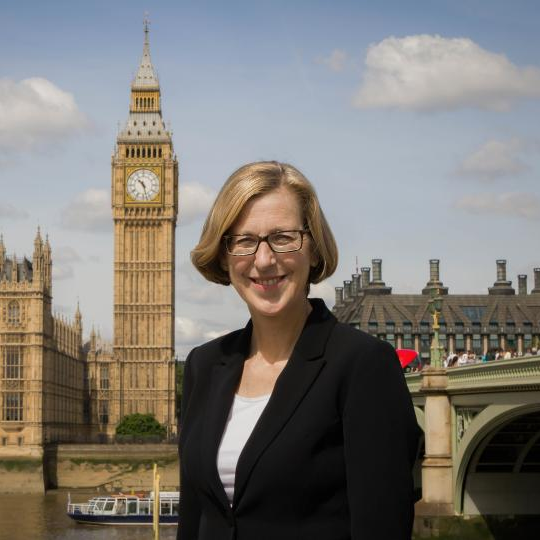 In May last year the Psychoactive Substances Act came into force. One year on there have been a number of articles published reflecting on the Act and its effectiveness, particularly with reference to the availability of new psychoactive substances, or so-called ‘legal highs’ as they were termed prior to the Act.
In May last year the Psychoactive Substances Act came into force. One year on there have been a number of articles published reflecting on the Act and its effectiveness, particularly with reference to the availability of new psychoactive substances, or so-called ‘legal highs’ as they were termed prior to the Act.
In April Home Office Minister Sarah Newton (pictured) reacted to criticism from some quarters of the legislation.
“We have known about the devastating consequences of Spice for some time,” she wrote, “and we have acted to give police the powers they need to take action, making third generation synthetic cannabinoids Class B drugs on a par with ketamine and amphetamines. We will continue to monitor its impact and if we need to do more, we will.”
Marking the first anniversary of the passing of the Act, Detective Chief Inspector Warren Stevenson of West Yorkshire Police said: “Being unable to access these substances has had a significant positive impact on our communities. Previously, shops selling these substances were also often the epicentre of anti-social behaviour and officers were often being called to the locations following concerns. This has completely stopped, with the high street shops in West Yorkshire either closing, or no longer selling psychoactive substances.”
The legislation has not been a complete success, with seemingly-daily stories of the devastating effects of new psychoactive substances in prisons.
A blog on the Mentor website warned: “Many of the significant harms among the homeless and prison populations have yet to be addressed, with some local services struggling. But often the impact of synthetic cannabis or ‘spice’ on these groups appears to be the only measure portrayed on the relative success of the Act. Its use is not spreading across into the wider population. The media concern for the human cost of taking spice would be all the more convincing if these most vulnerable people were not termed ‘zombies’.”


